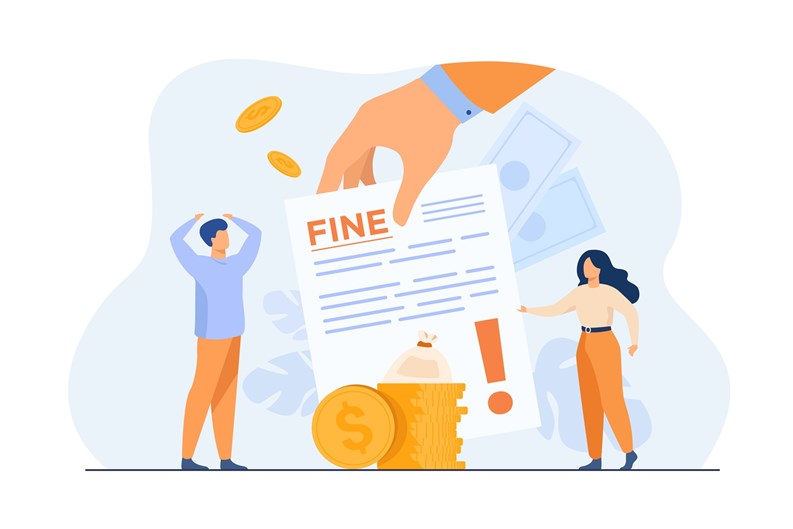Q. How can a shareholder be protected from a board’s abuse of authority when implementing excessive fines on the community of shareholders?
Some of the fines being imposed by the board are not defined in our bylaws or house rules. On occasion, there is no fine amount provided. There is a “Failure to adhere” clause in the house rules that outlines a first offense as a warning, a second offense as a $50 fine, and third offense as $100. The first offense is often skipped and fines are being imposed without warning or ability to discuss.
This past year, shareholders have been excessively fined with no warning or discussion with the shareholder. Fines have been added to billing accounts without notice or explanation.
At what point does the purpose of fines become not just a deterrent or method of enforcement but appear to be a method of generating income and brow beating neighbors with their position of authority?
—Displeased Shareholder
A. “If a proprietary lease grants a board the power to fine for violations of the proprietary lease or house rules, a board may institute fines in its business judgment,” replies Leni Morrison Cummins, chair of the Condominiums & Cooperatives department for Manhattan law firm Cozen O’Connor. “However, there are guardrails on that broad power to fine. Boards cannot be punitive in their fining. The amount of the fine must be reasonably related to the offense.
“Additionally, some courts speak of the ‘first blush test’ when determining whether a fine is reasonable. If the amount of the fine offends a reasonable person’s sense of reasonableness, it will likely be struck down. Fines must also be applied consistently among all shareholders. Boards cannot single out individuals or types of individuals without being violative of the so-called equal treatment rule. For example, if boards give warnings to some and not others, the fine without warning may be challenged. That said, notice is technically deemed given when the power to fine for a particular rule is codified in the governing documents. Therefore, a warning letter actually isn’t necessary.”










Leave a Comment